I was back at the King’s Head in Beverly for the latest Humber SF event. The evening featured two wonderful authors: Sunyi Dean and Daniel Godfrey, who provided entertaining readings from their latest novels, talked about their writing practice and answered lots of questions from the audience.
Sunyi’s said she wanted to celebrate the north of England and so set her book, The Book Eaters, in Yorkshire. Promoted as ‘gothic fantasy horror’ this is a story of ‘escape, a mother’s savage devotion and a queer love.’ This book contains two timelines, one in the present day and the other having a definite Victorian feel to it—inspired by Sunyi’s love of the work of the Bronte sisters. With a smile, Sunyi told the audience that her editor said her book was ‘fantasy for people who hate fantasy’—those in the audience who had read the book were keen to disagree—they loved it! This is Sunyi’s debut novel and it’s clearly a winner. When asked about the process of finding a publisher, she did comment that there is an industry shift away from ‘series’ and towards stand-alone books or duologies.
Daniel’s book, The Calculations of Rational Men, is set in the 1960’s, following an alternate history where the UK is subjected to a nuclear attack. Five hundred prisoners are trapped underground awaiting the ‘all clear’. Those that had read the book were impressed by the clear 1960’s level of awareness of medical knowledge (the protagonist is a medical doctor imprisoned for murder) and the then understanding of nuclear weapons and the effects of radiation. Daniel used a 1960’s medical book as a reference and said he was lucky to find information on how nuclear shelters would have operated. He even went to have a look around a nuclear bunker in York. One audience member commented: it was amazing how much happened (in the book) given the limited space the men were trapped in.
A very entertaining evening with two more books added to my reading list!
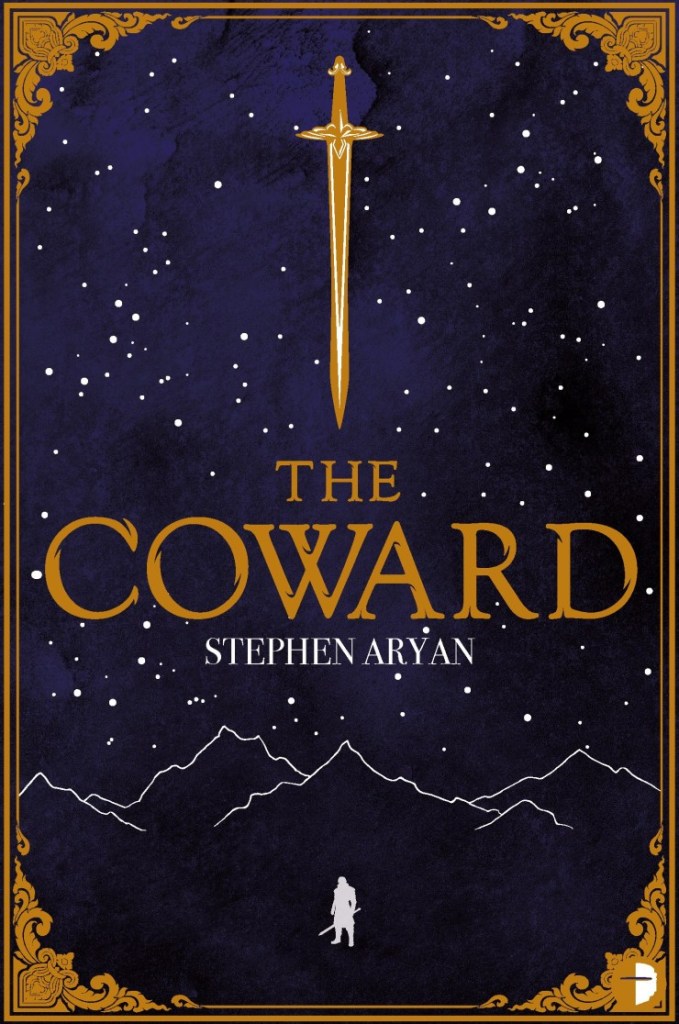
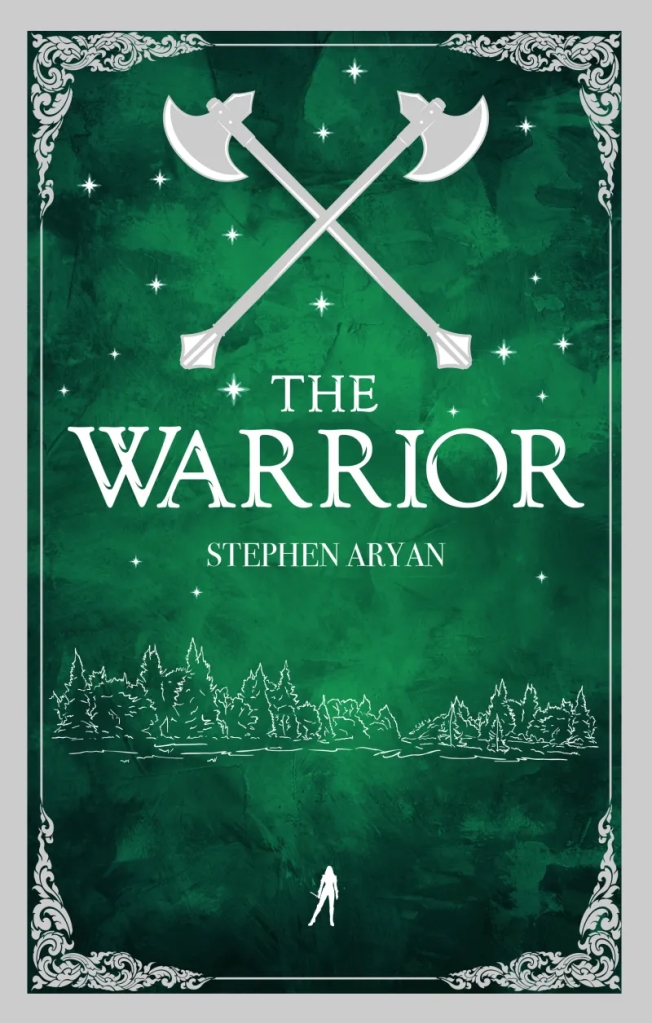
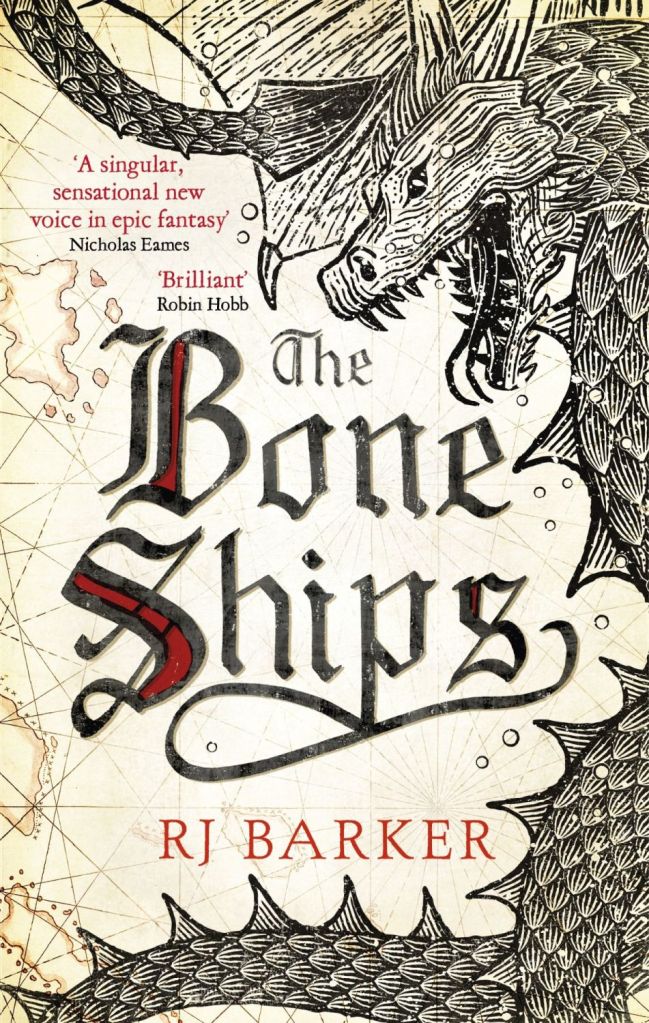
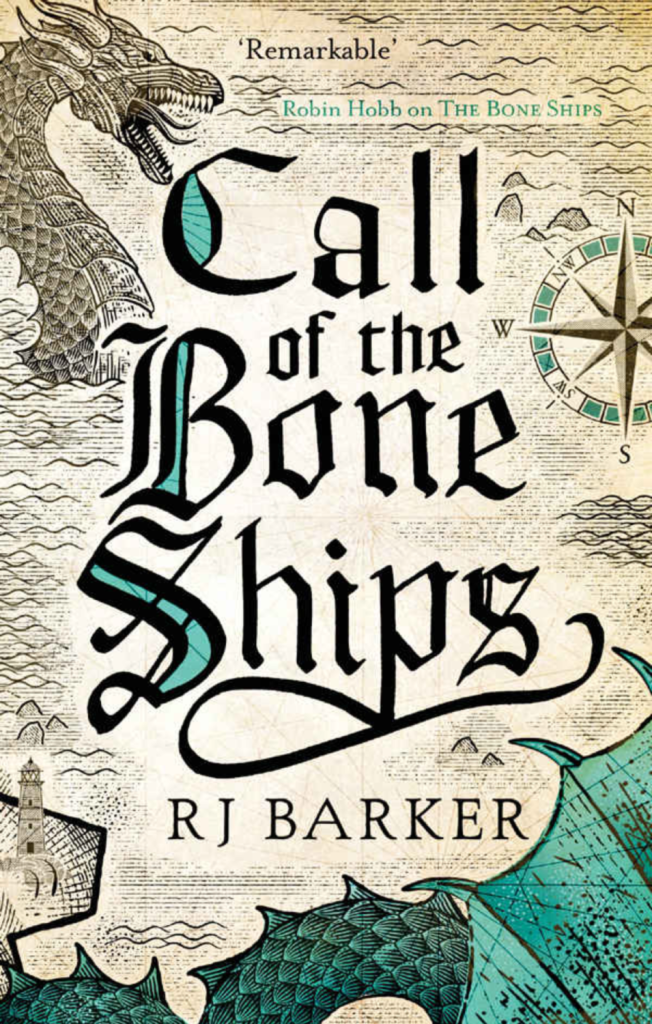
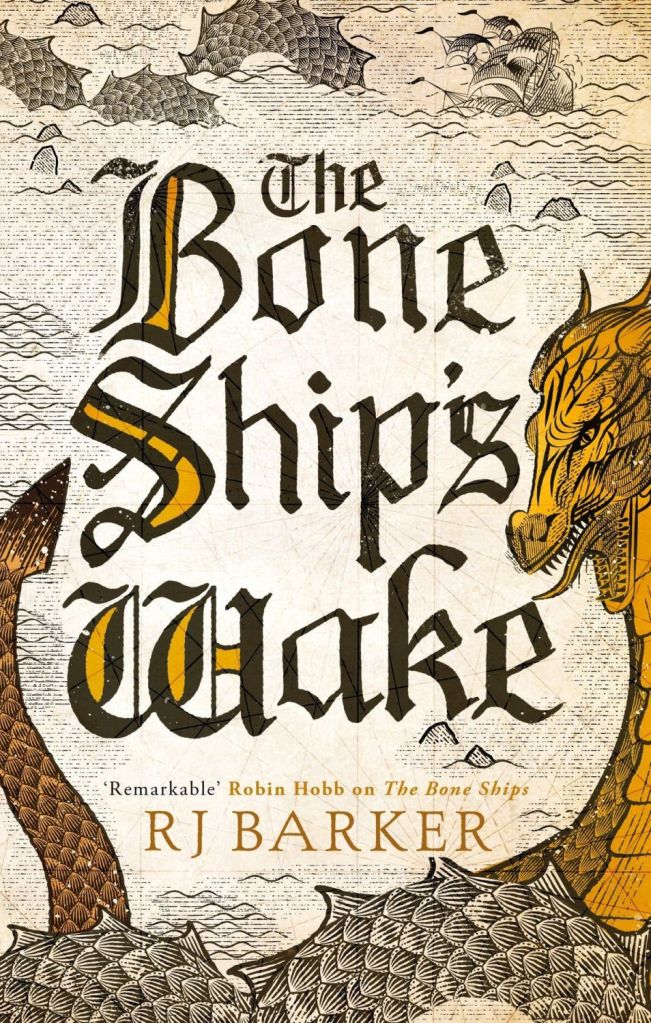

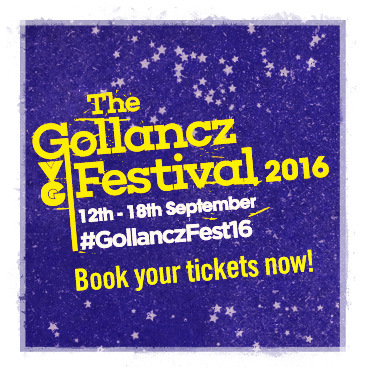 The panel discussions were particularly interesting, with authors giving candid views on topical issues. I especially loved the way Gollancz used the event to promote its debut authors.
The panel discussions were particularly interesting, with authors giving candid views on topical issues. I especially loved the way Gollancz used the event to promote its debut authors.


